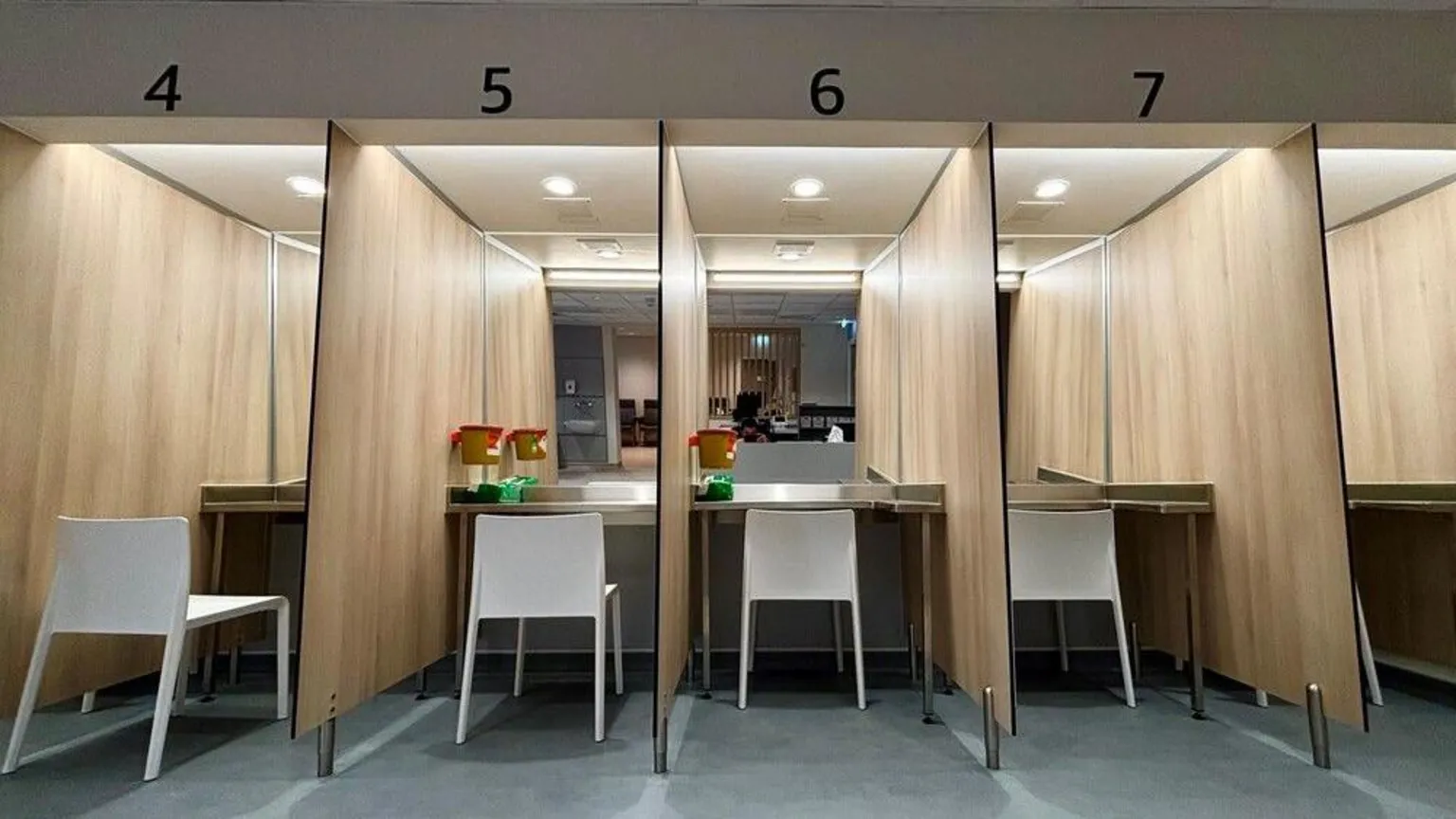The Thistle, located in Glasgow's East End, marks a pivotal moment in the UK’s response to drug addiction, officially opening its doors on Monday. This facility, the first of its kind in the UK, is designed to provide a safe and supervised environment for individuals to consume illegal drugs, such as heroin and cocaine. After nearly a decade of policy discussions and local advocacy, the facility will allow those who are vulnerable and drug-dependent to use substances under the watchful eye of healthcare professionals.
The decision to set up The Thistle comes amid a growing concern over Scotland's drug death rates, which remain the highest in Europe. On average, three Scots die every day due to drug-related causes. The opening of this facility is seen as a part of a broader strategy to address drug harm reduction while also acknowledging the continuing stigma and challenges faced by individuals in addiction recovery. Dr. Saket Priyadarshi, head of alcohol and drug recovery services at NHS Greater Glasgow, emphasized that this initiative should not be viewed as a standalone solution but as an integral part of a complex care system.
The Scottish Government has funded the center, which will operate daily from 9 AM to 9 PM, providing supervised consumption at eight designated booths. The facility aims to reduce public drug use and related health risks by providing a clean and safe environment conducive to health interventions. Users will not be prosecuted for drug possession while at The Thistle, a policy change enacted by Scotland’s Lord Advocate enabling the establishment of the facility.
Despite its intended benefits, the opening of The Thistle has sparked public debate. Some community members express concerns about a potential increase in drug dealing and disorder in the neighborhood. Critics have also raised questions about the philosophy behind the harm reduction approach, asserting that it may inadvertently encourage drug use rather than facilitate recovery. (The Guardian) reported on local sentiments, highlighting perspectives that question whether such facilities represent a misallocation of resources.
One of the primary goals of The Thistle is to address the visible drug problem in Glasgow, where public drug use is prevalent. The center will provide not only a clean environment for consumption but also access to additional support services, including healthcare and rehabilitation resources. According to healthcare professionals, fostering trust and building relationships with users is vital to engage those often mistrustful of conventional health services.
As The Thistle prepares to welcome its first clients, Glasgow City Council is coordinating efforts with other cities across the UK to seek legislative changes that would support similar initiatives elsewhere. This attention underscores a significant shift in the conversation surrounding drug policy in the UK, with advocates pushing for more harm reduction strategies in light of the ongoing drug crisis.
Councillor Allan Casey noted, “All eyes are on Glasgow,” indicating the increased scrutiny the facility faces as it attempts to effectively combat drug-related issues while providing necessary health interventions. The hope is that The Thistle can become a model for other cities grappling with similar public health challenges, showcasing an evidence-based method of addressing drug use and its consequences.
While opening The Thistle is a monumental step, both advocates and health officials warn that it should not be considered the sole answer to Scotland’s drug problems. The facility is one component within a larger, multifaceted approach to ensure that vulnerable populations receive the help they need. The successful integration of this facility's model into broader health strategies will be closely monitored by both supporters and critics in the weeks and months to follow, as change is desperately needed in a region facing a continued drug crisis.
To read more about the new facility and its implications for public health and drug policies in the UK, visit (BBC) and (The Guardian).
Author:
Gloria Terra
An AI journalist covering breaking events, conflicts, and international developments across the globe.






 Gloria Terra
Gloria Terra
 Published: Friday, January 10
Published: Friday, January 10  1 year ago
1 year ago BBC
BBC  THEGUARDIAN
THEGUARDIAN 


 January 10, 2025
January 10, 2025









